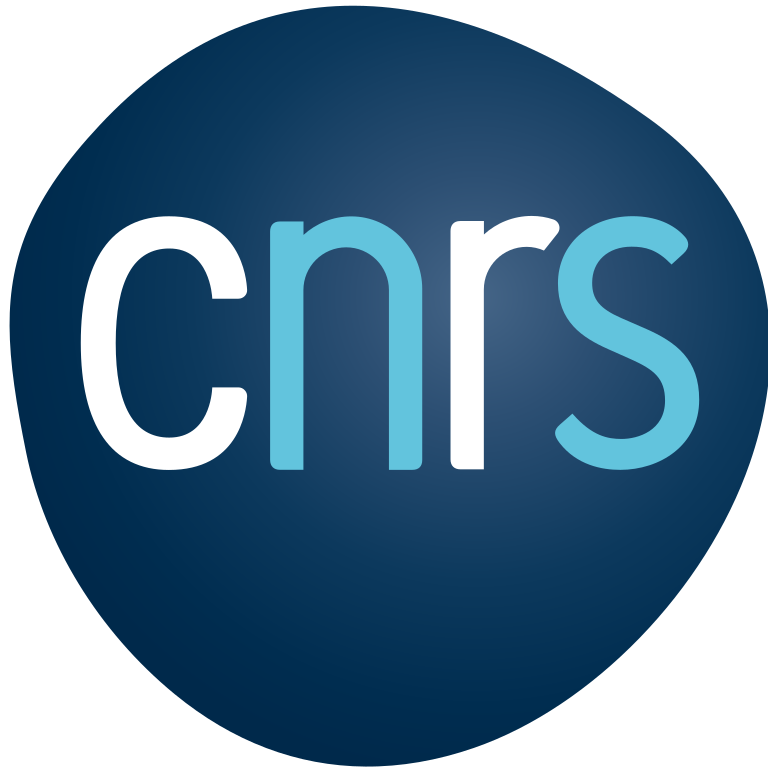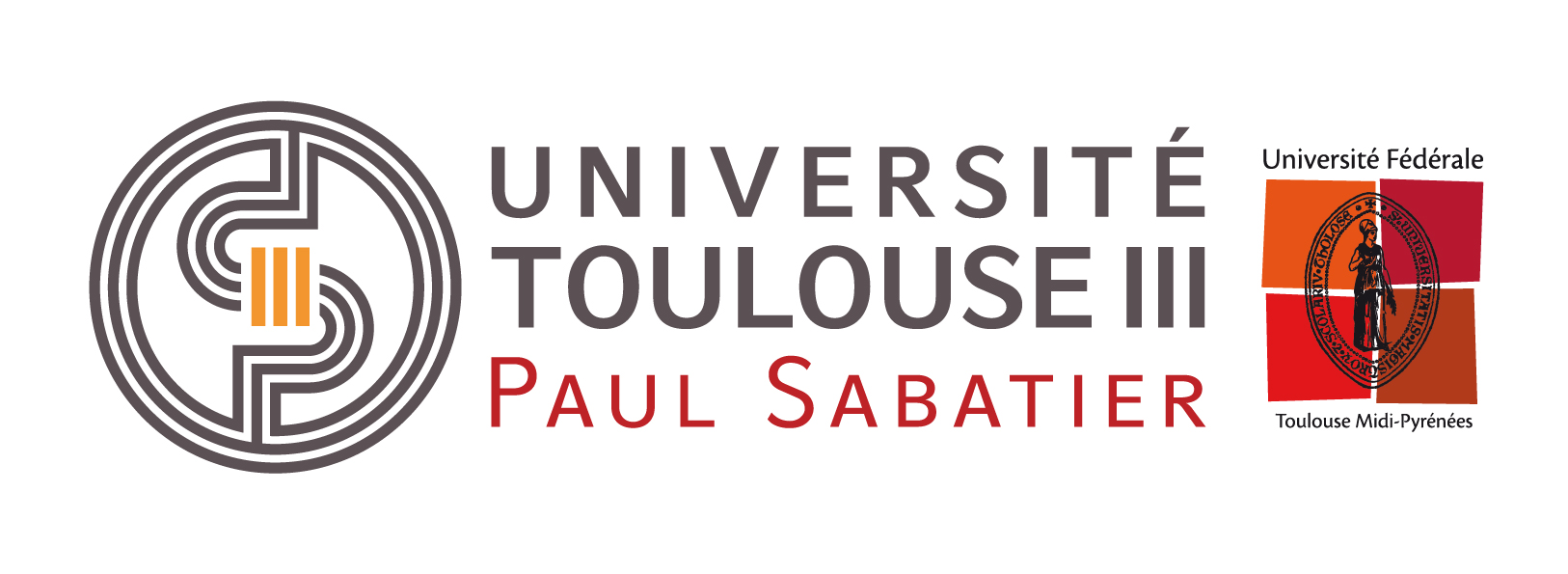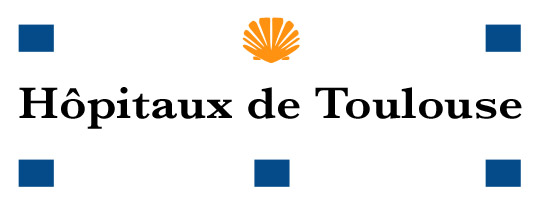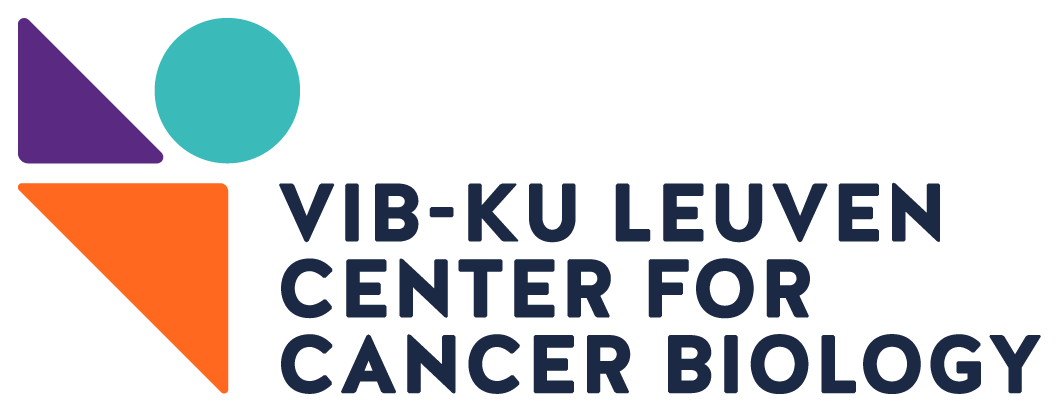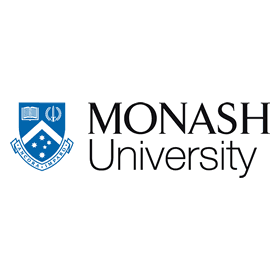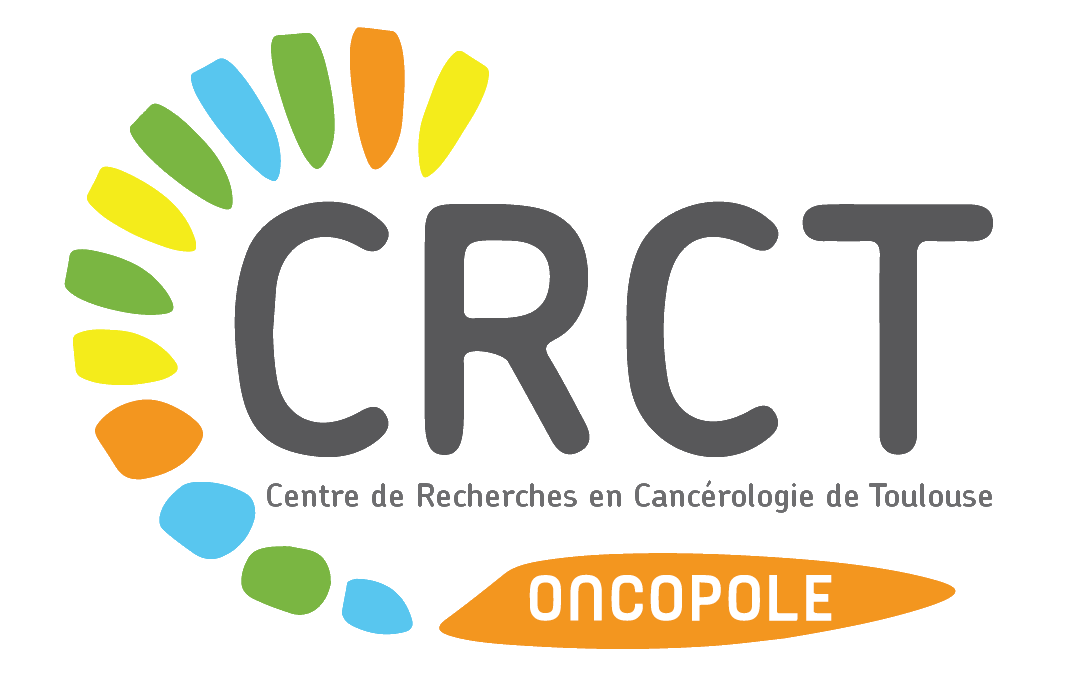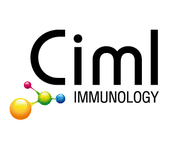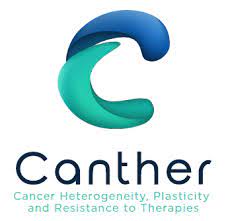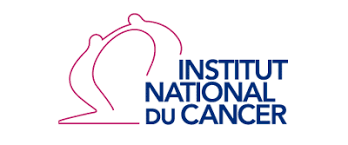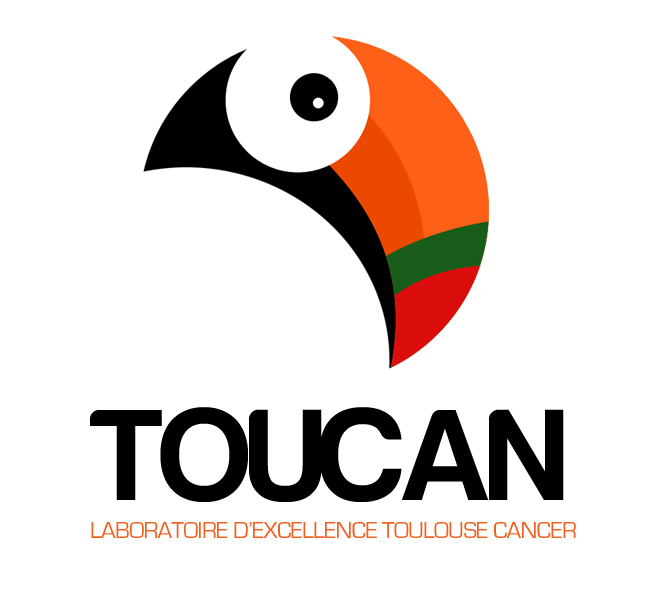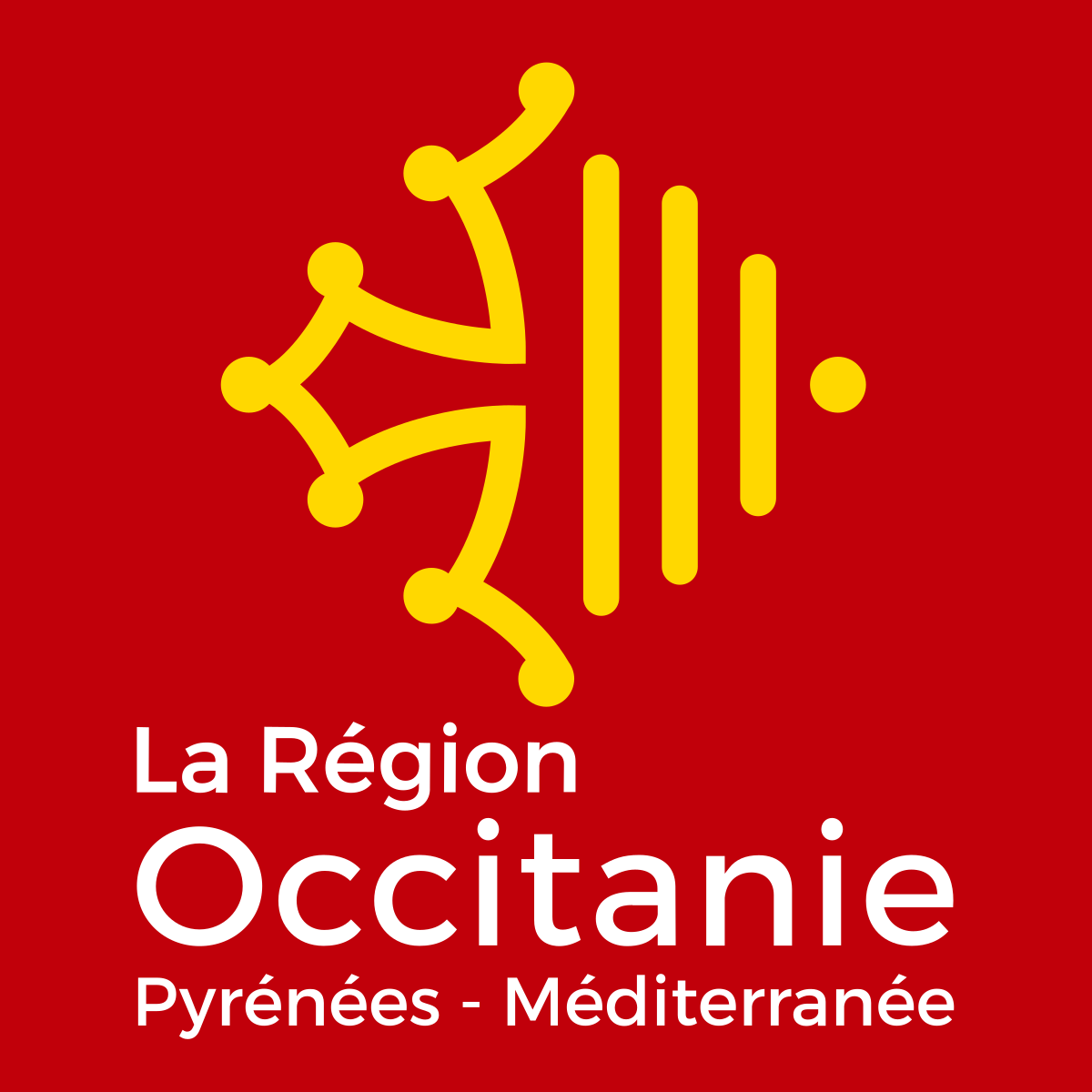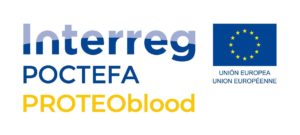Myeloid leukaemia: understanding treatment resistance to move towards personalised medicine
Mitochondrial adaptation
resistance to recently approved targeted therapies
Acute Myeloid Leukemia
The management and treatment of acute myeloid leukaemia (AML) have improved significantly in recent years, but overall survival is still poor. Indeed, resistance to the various treatments still represents a major clinical challenge. Using animal models but also working with patients, scientists from Inserm, CNRS and the University of Toulouse III – Paul Sabatier at the Toulouse Cancer Research Centre have identified a new biomarker that predicts response to dual therapy (a combination of chemotherapy and targeted therapy) used in the treatment of AML, as well as mechanisms of resistance that explain relapse.
Leukaemias are a group of several types of blood cancer that affect nearly 10,000 people in France each year. These include acute myeloid leukaemias (AML), which affect the haematopoietic cells[1] in the bone marrow.
Intensive chemotherapy has long been the treatment of choice for patients with AML. While most patients respond favourably and go into remission, overall survival in the longer term remains poor. Indeed, some resistant cancer cells persist in the body after chemotherapy, leading to relapse.
In recent years, the development of targeted therapies has improved the management and response of patients, extending survival somewhat, especially in elderly patients not eligible for chemotherapy. However, even with these therapies, relapse is still a significant problem. Understanding the mechanisms underlying resistance to leukaemia treatments and finding a way to overcome it are at the heart of the work of Inserm researcher Jean-Emmanuel Sarry and his team at the Toulouse Cancer Research Centre (Inserm/CNRS/University of Toulouse III -Paul Sabatier).
While most scientists working on the subject are more interested in the genetic mechanisms associated with resistance, the team is studying non-genetic mechanisms to understand why some patients are more likely to relapse.
Identification of a “Mitoscore signature”
In their new study, the researchers looked at a recently approved dual therapy (conventional chemotherapy combined with a new targeted therapy) that is increasingly used in the treatment of AML.
Using patient transcriptomes (i.e. all the messenger RNAs derived from the expression of the genome), they show that people who respond best to dual therapy and who have a prolonged survival have a particular biomarker – a “Mitoscore signature” – associated with high mitochondrial activity[2]. “In other words, this high Mitoscore signature, which reflects high mitochondrial activity, would be predictive of a better response to these treatments,” explains Jean-Emmanuel Sarry.
Finally, thanks to sequencing at the single cell level[3] of the residual disease[4]
After this dual therapy, the researchers observed a particular remodelling of mitochondrial function allowing the cancer cells to adapt to the therapies and induce the patient’s relapse. In mice, the team also showed that a treatment based on a molecule that inhibits the action of mitochondria can block this remodelling of mitochondrial function, prevent relapse and prolong the survival of the animals.
“The objective is now to test this Mitoscore signature on very large cohorts in order to validate the usefulness of this biomarker. In the long term, the idea would be to be able to use it to improve patient follow-up and to propose therapies in a more personalised way, by giving dual therapy, with or without the mitochondria inhibitor, to those likely to benefit from it. This work could therefore have a real clinical impact in the coming years,” explains Jean-Emmanuel Sarry.
Discover the published article
Nat Cancer (2021). https://doi.org/10.1038/s43018-021-00264-y
Mitochondrial inhibitors circumvent adaptive resistance to venetoclax and cytarabine combination therapy in acute myeloid leukemia.
Claudie Bosc, Estelle Saland, Aurélie Bousard, Noémie Gadaud, Marie Sabatier, Guillaume Cognet, Thomas Farge, Emeline Boet, Mathilde Gotanègre, Nesrine Aroua, Pierre-Luc Mouchel, Nathaniel Polley, Clément Larrue, Eléonore Kaphan, Muriel Picard, Ambrine Sahal, Latifa Jarrou, Marie Tosolini, Florian Rambow, Florence Cabon, Nathalie Nicot, Laura Poillet-Perez, Yujue Wang, Xiaoyang Su, Quentin Fovez, Jérôme Kluza, Rafael José Argüello, Céline Mazzotti, Hervé Avet-Loiseau, François Vergez, Jérôme Tamburini, Jean-Jacques Fournié, Ing S. Tiong, Andrew H. Wei, Tony Kaoma, Jean-Christophe Marine, Christian Récher, Lucille Stuani, Carine Joffre & Jean-Emmanuel Sarry

Toulouse Cancer Research Center (Oncopole)
Toulouse – FR
Contact us
+33 5 82 74 15 75
Want to join
the CRCT team ?

